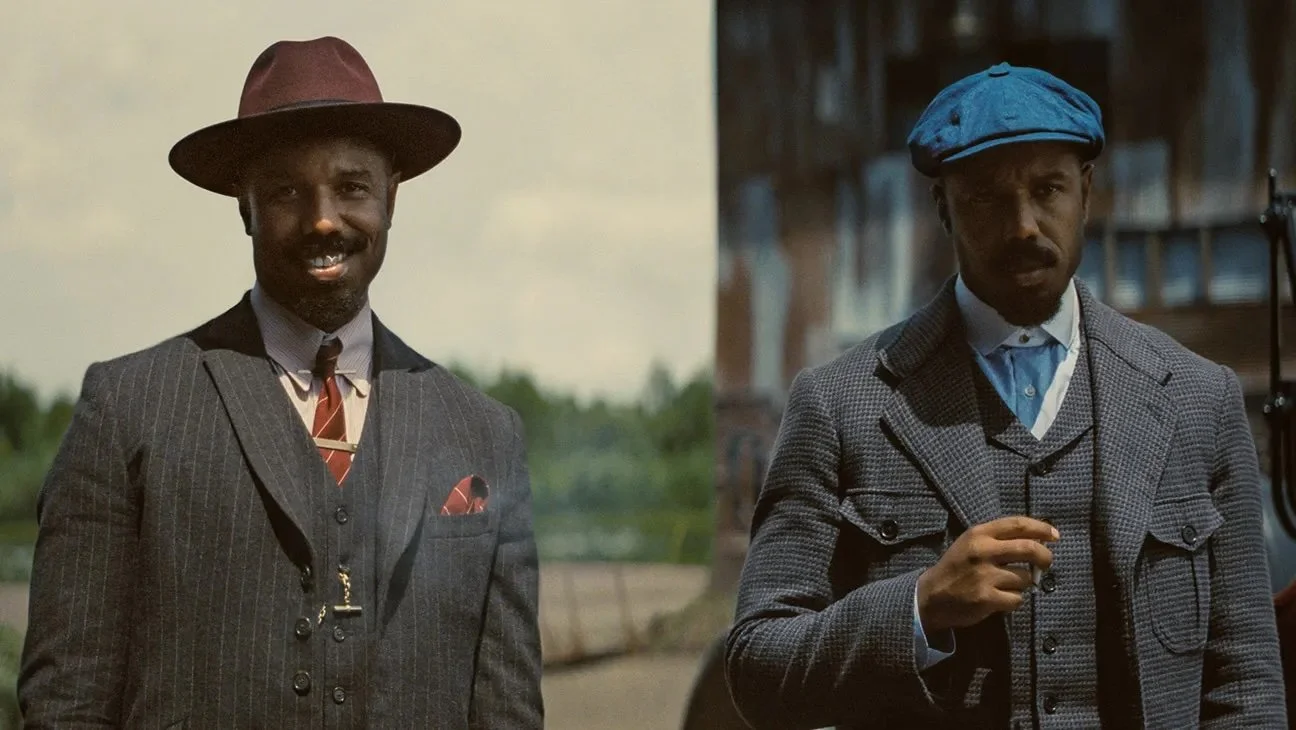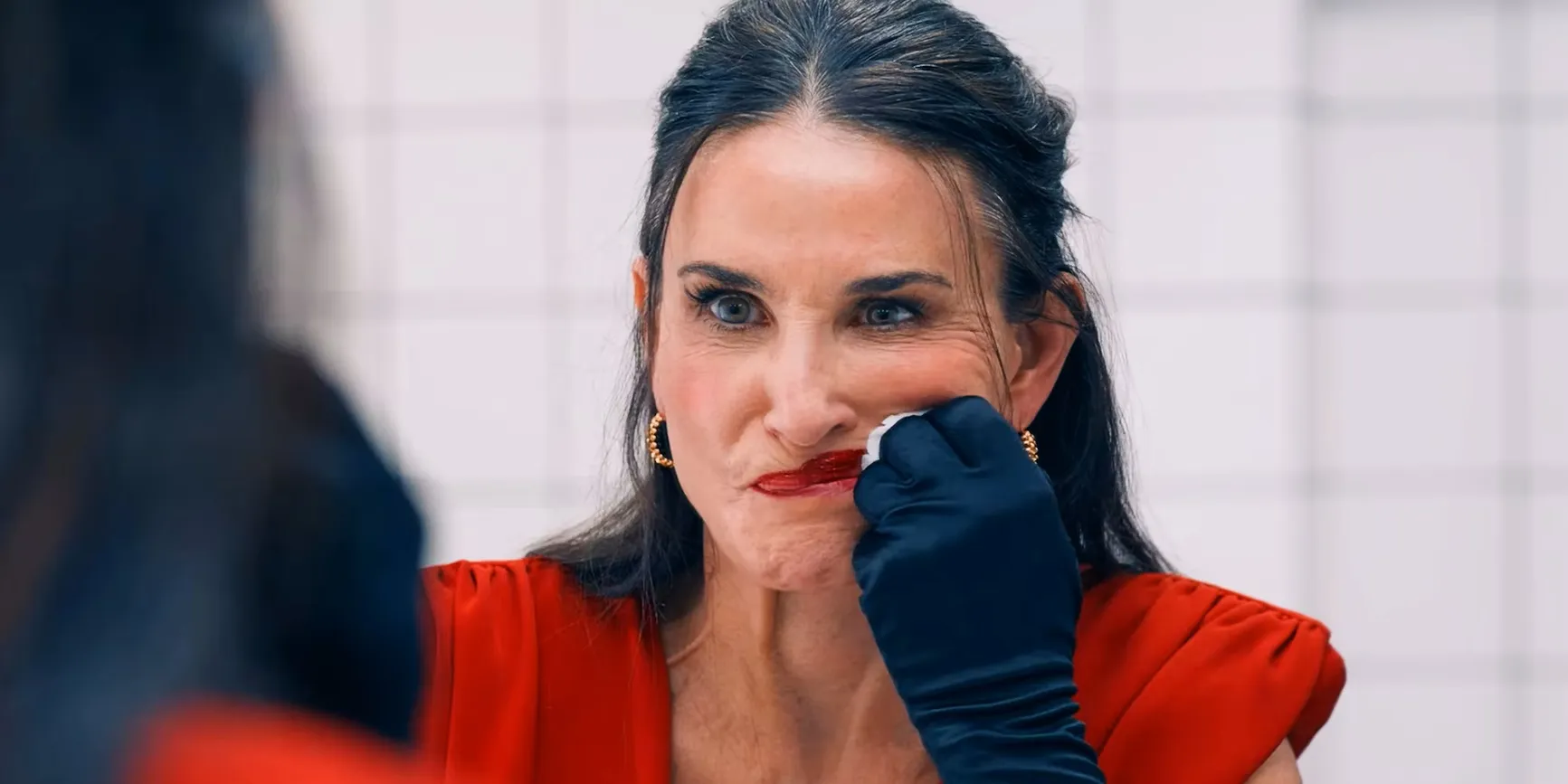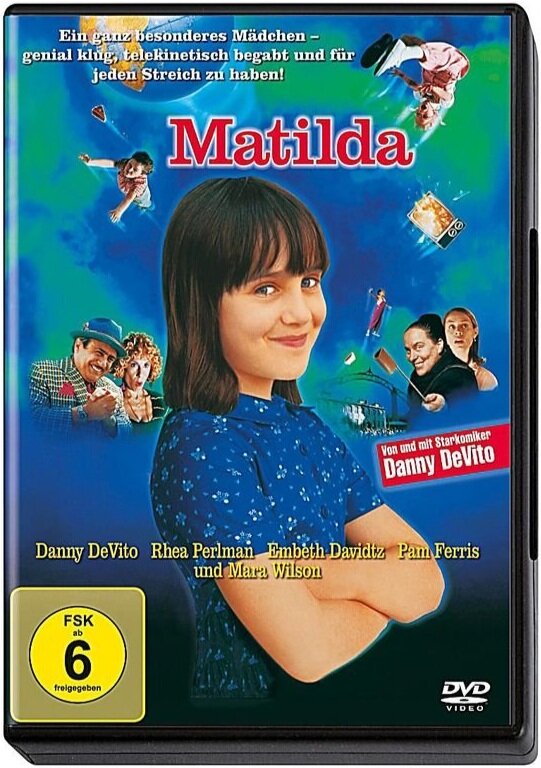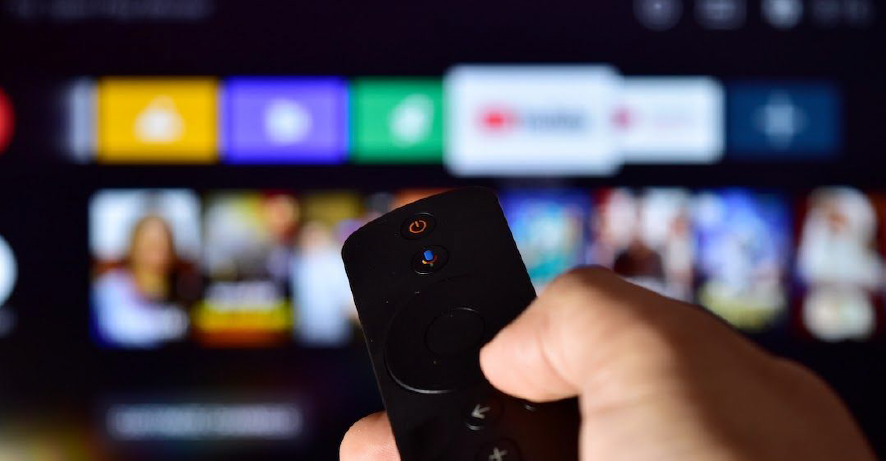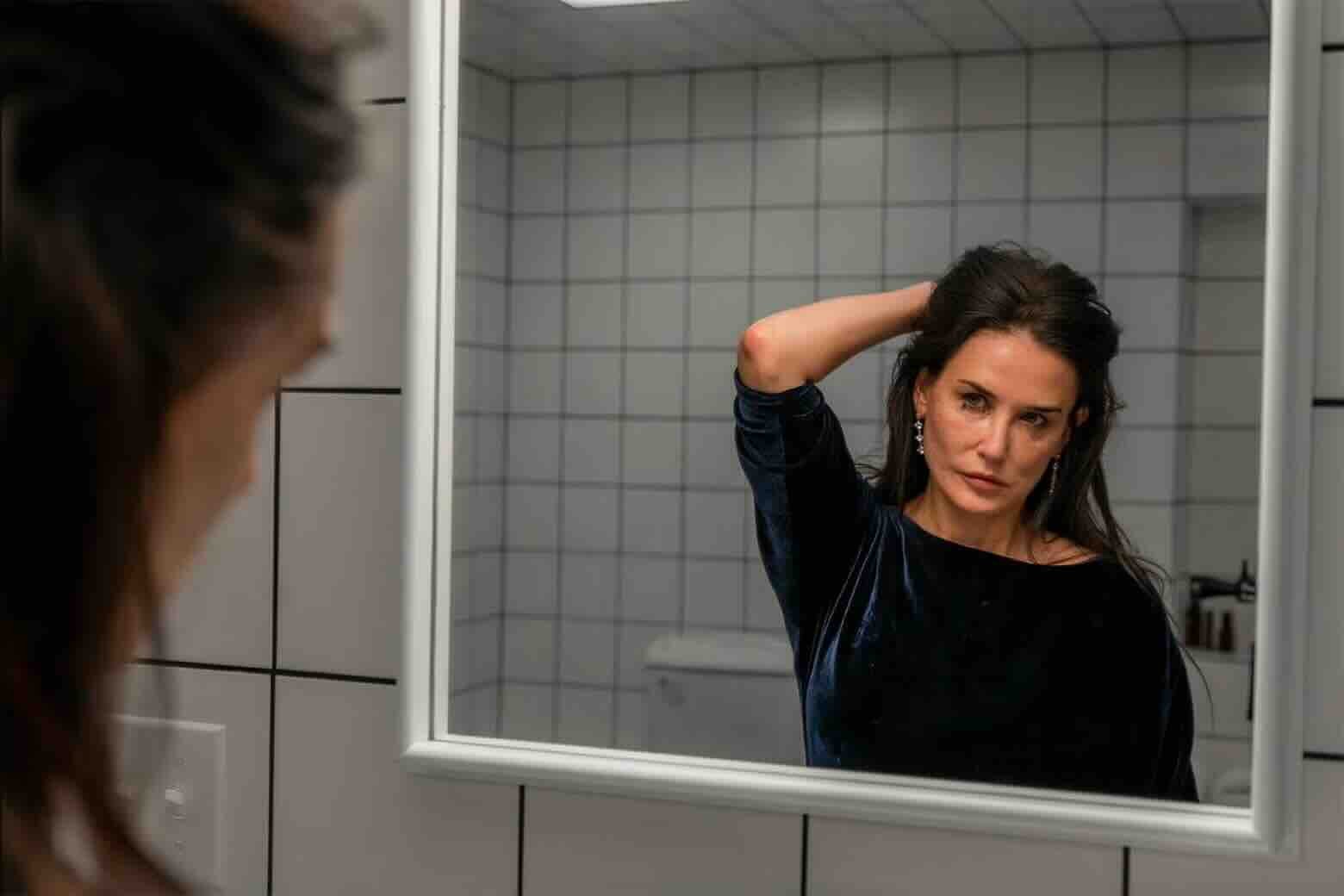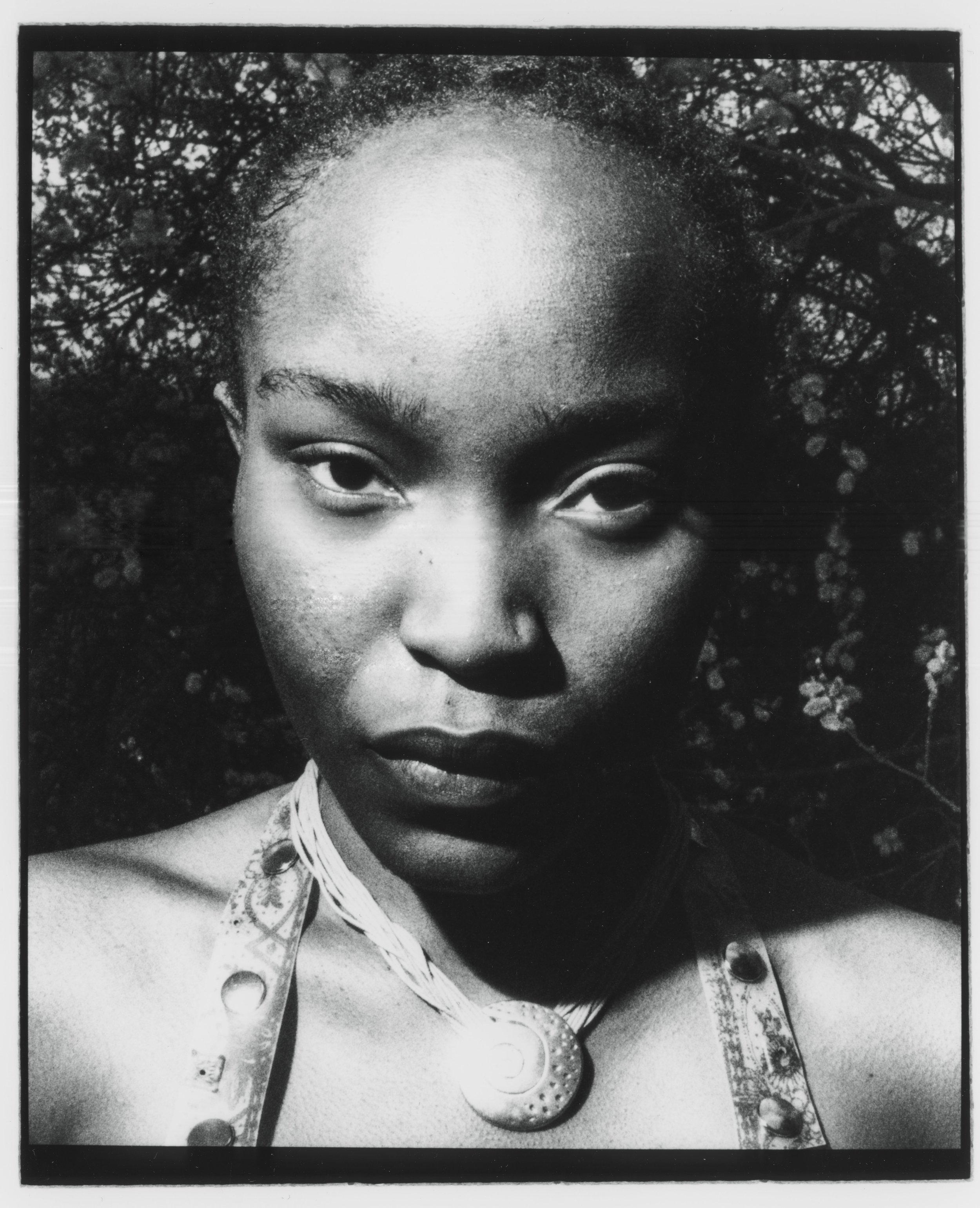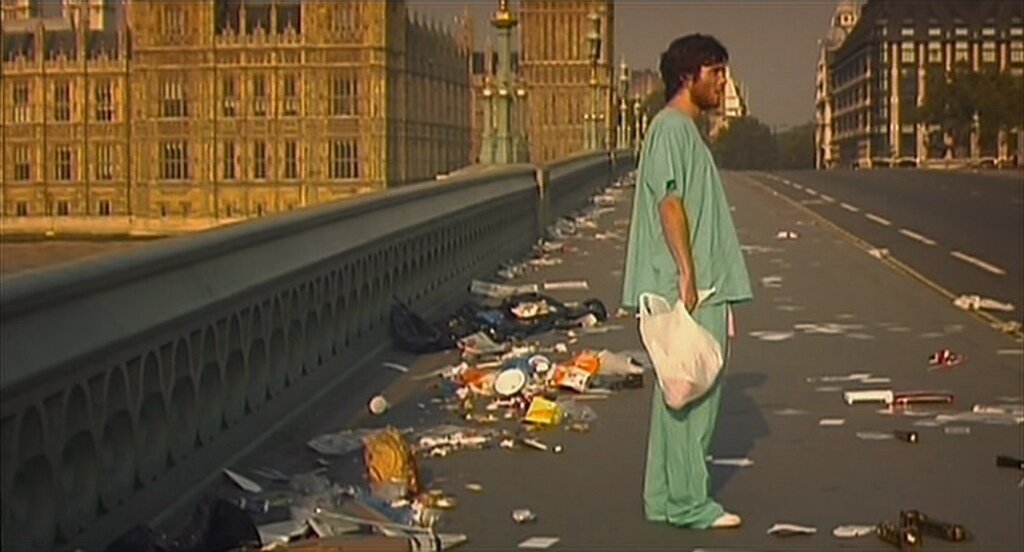“If Africans do not tell their own stories, Africa will soon disappear.”
-Ousmane Sembène
A brief aside.
The horrific murder of George Floyd shot America into frenzy. Within this frenzy, was born an important conversation in which the undeniable racism against Black people in this country could finally be discussed with the gravity it merits.
As a byproduct of this conversation comes much deep thinking about my role as an artist in all of this, particularly as a filmmaker. And the conclusion is this:
Film is greatly complicit in the issue of racism against Black people. Cinema is visual culture. It has the power to define how we see our world; what we consider beautiful and accepted, what we consider violent and ugly.
In an unconscious means as to not upset the balance of society, and to make money in a colonialist environment, filmmakers have continued to perpetuate harmful stereotypes against Black people. For example, the archetype of Black criminality.
It’s time we put a stop to these aggressions. Though they are at times subtle, and seem harmless, they are violent, and condone a culture of discrimination.
So what can we do?
As viewers, we can cultivate our watch lists. Take care to understand the media you are allowing into your space. Ask yourself the tough questions. What is this film trying to say? Who is trying to say it? Actively seek directors, writers, performers of color.
As creators we have a responsibility to address racism within our various professions. We need to research, study, and deeply understand the issues at hand. And most importantly, we need to amplify minority voices, particularly those of Black people who are being silenced in our industries.
In a means to begin that journey myself, I picked a topical film, by a wonderful Senegalese director, Ousmane Sembène.
And with that, let’s begin.
The first thing you should know about Black Girl:
By watching this film, you will be stepping into another world, another time.
You will watch in black and white, as our heroine, Diouana, moves from her home country of Dakar, Senegal to work for an affluent family in France.
You will hear Diouana speak in French as she dances around her mother exclaiming, “J’ai du travais! J’ai du travais chez les blancs!” - “I got a job! I got a job with white folks!” {For Diouana and her family, this moment means everything, the pinnacle of success, happiness, potential. The journey is anything but.}
If you are not used to watching foreign black and white cinema, it may take a moment to adjust. Foreign films have a language of their own, literally and non-literally. The social context is different. The pacing is different. It may feel difficult to connect, to assimilate. And that’s okay.
It’s important to understand that our modern Western brains are primed to go into a movie theater and expect to be brushed away by bold plot movements, striking visuals, impressive cgi, and characters that are just like us.
But cinema has not always been like that. Older pictures tend to be much more slow, controlled, and nuanced. To filmmakers in the 20th century, a movie was a collection of still photographs, a technical marvel in itself. Each frame was a gift, each word spoken was precious.
I say this primarily because of my personal yearning for a simpler time, for simpler cinema. But secondarily, I say this so that you can watch with non-judgmental eyes. My hope is that you can avoid the itch to move forward, consuming as much as possible, and surrender yourself to this quiet, precise method of storytelling.
The second thing you should know about Black Girl:
It requires a brief trigger warning.
I was shown this film in an NYU lecture hall. My professor made sure to give us a disclaimer ahead of time. It’s a dark and painful film. It deals with heavy emotional abuse, realistic racism, and a tragic result.
Despite this, I urge you to watch it. For me, this film is monumental.
It deals with the issue of racism, in a wonderfully truthful way. Not the commercialized kind that non-Black directors just looooooove to capitalize on.
There is this concept in the film world called “cinema verite”. Translated directly, this means “truthful cinema”. It is used to describe films like documentaries that depict the real world. But it can also apply to narrative movies (non-documentary) that are made up, and yet still depict a truthful reality.
Black Girl is one such movie. It’s unbelievably raw. You will feel racism in its subtlest, most toxic sense. You will feel the pain of a Black woman in a white world. You will feel what it is to have privilege and to be without it. You will feel the intense yearning for home that Diouana, and many others in her position feel.
And most importantly, it’s by a Senegalese director. Thus, you can trust your storyteller to convey the truth because it’s his truth.
The third, and final thing you should know about Black Girl:
This film stays with you.
It’s coming up on three years since the time I first saw this movie, and I can still remember everything. I can recall specific frames, the vibrant costuming, the hypnotic score. Though I only saw the film once, these elements have become part of my lifeblood.
To me, this is the mark of good cinema. How deeply it resonates.
Centrally, this film is about ignorance. Though there are many direct aggressions in the film, it’s the ignorance of Diouana’s pain that results in tragedy. I find this incredibly salient in the conversations being held in America today.
It’s easy to ignore the pain of a community that is not our own. This is what we have been doing for hundreds of years to the Black community. But what this film teaches us, or taught me, is that ignorance is not harmless. It’s a quiet, but fatal weapon. Ignorance is violence.
In conclusion:
This is not an easy film to watch for many reasons. All the more, I urge you to watch it.
Film is not supposed to be easy. It’s meant to create empathy. It’s meant to stir something in people. I will repurpose a quote from the iconic Aquamarine (2006) here.
It’s the closest thing we have to magic.
So please, give it a watch, today, tomorrow, whenever. This movie will threaten to change your life.
[Stills screen grabbed from trailer on Criterion website.]




